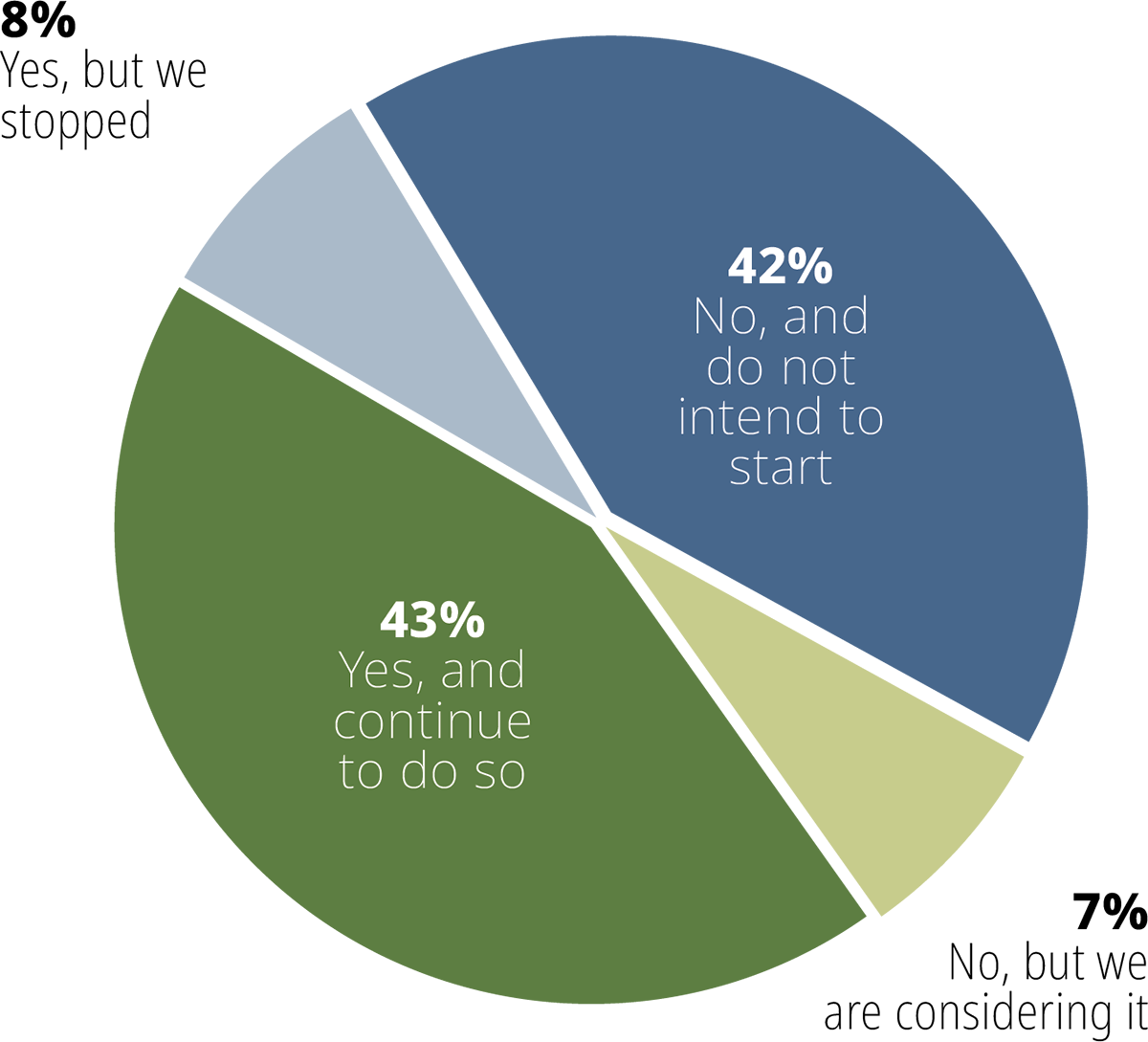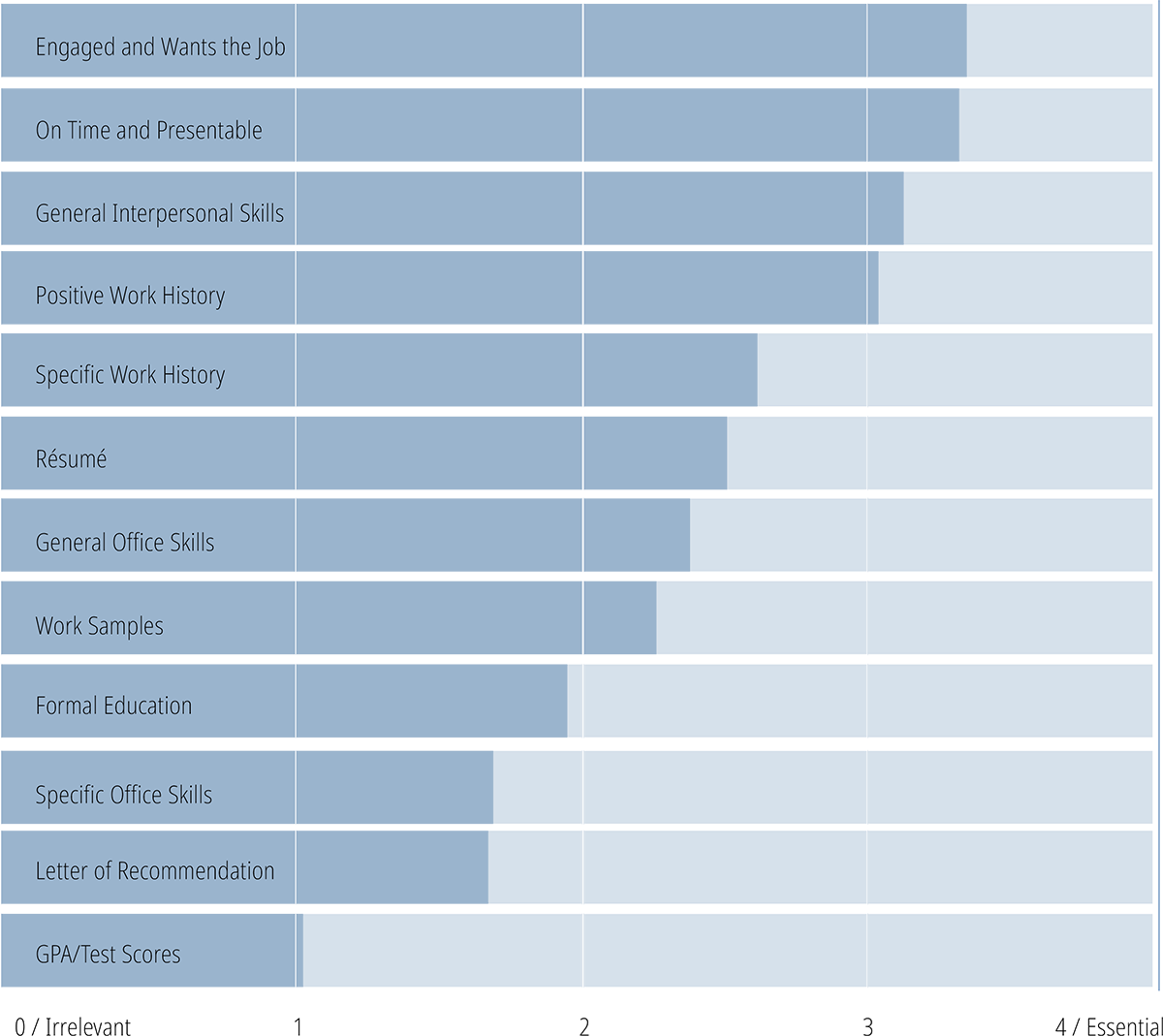Alaska Trends
ositive work experiences stem from both employers and employees having their specific needs met. While honest communication and compromise can help an employer and employee who started at odds to find common, productive ground, it’s a huge boon for all parties to know the priorities of the other party from early in the hiring process.
But even before interviews are scheduled, employees and employers can find information on general workplace trends that can inform their expectations on topics ranging from management styles to workplace culture to information on how employers look for employees and how employees choose where to work, hopefully leading to better outcomes for all.
Specifically in Alaska, the Anchorage Economic Development Corporation, in cooperation with placement firm PeopleAK, aided this task with a pair of documents: the Employer Survey Report 2023 and the Millennial Workforce Report.
The Employer Survey Report gathered insights from local businesses, while the Millennial Workforce Report gauged the attitudes and opinions of Alaskan Millennials; as a group, Millennials form one-third of the US labor force and are currently the largest working generation in the nation. The reports contain findings such as employers hiring third-party recruiters half as often as they post jobs on personal and professional networks, and 38 percent actively recruit military veterans while 53 percent cannot hire ex-felons. The Millennial survey, answered by 20- and 30-year-olds, found wages and benefits are slightly less important than good management, when it comes to choosing a job.
This edition of Alaska Trends illustrates more findings from both reports, noting where the expectations of Anchorage’s largest demographic cohort align (or not) with what employers are willing to offer.
Source: AEDC Millennial Workforce Report


of Alaska Millennials surveyed were actively looking for employment.
~50%
of Alaska Millennials actively looking for employment were considering jobs outside of Anchorage.



of Alaska Millennials reported that a casual work enviroment was very or somewhat important.
39%
claimed schedule flexibility as the most important culture factor.


of Alaska Millennials reported wanting to have an interest in the field, and they find professional development opportunities to be important.
98%
reported good management was very or somewhat important.
Defining Good Management
29% said realistic manager expectations and 25% said clear manager expectations were the most important factor
of good management.


of Alaska Millennials reported education reimbursement was somewhat important or very important.

reported opportunities for travel were somewhat or very important.
